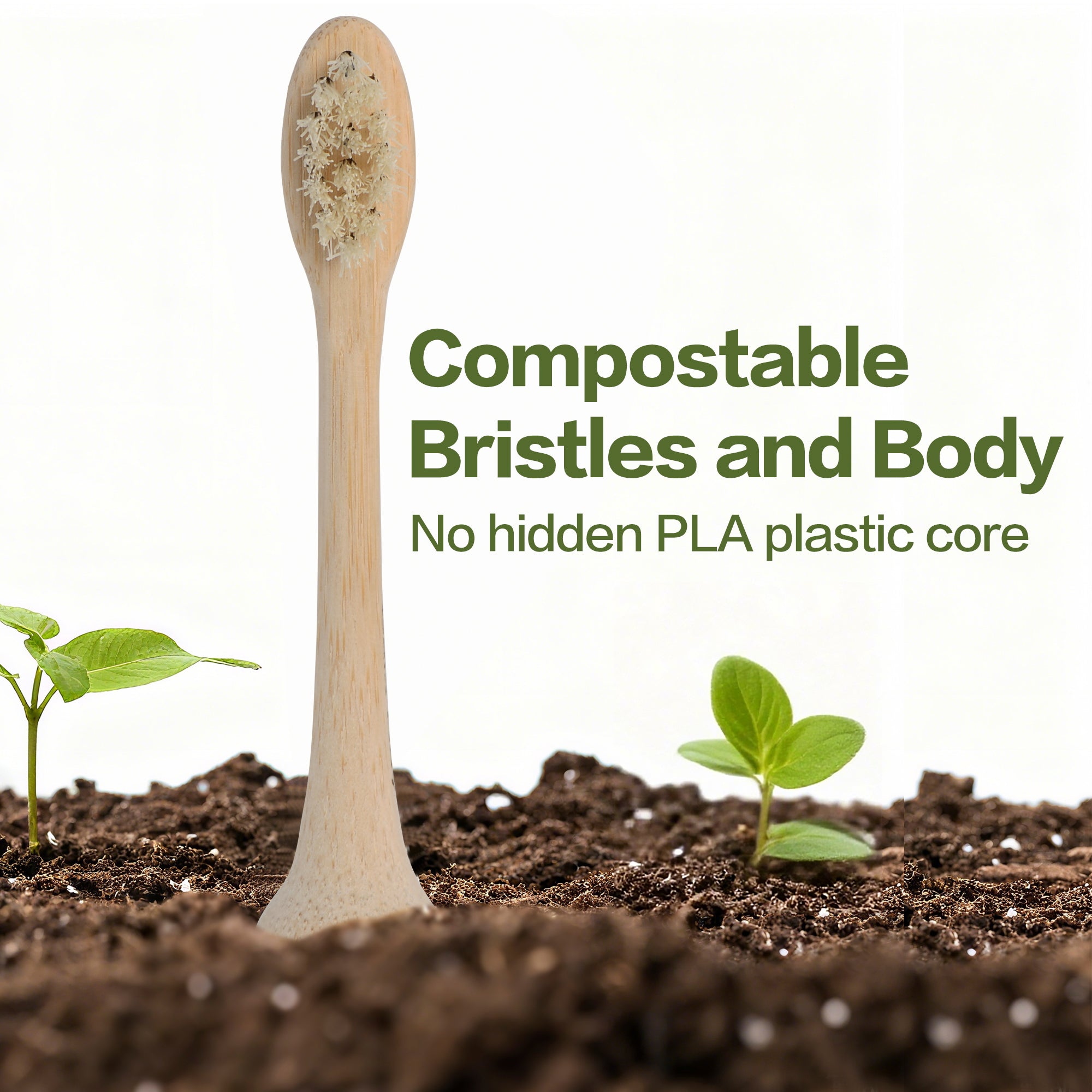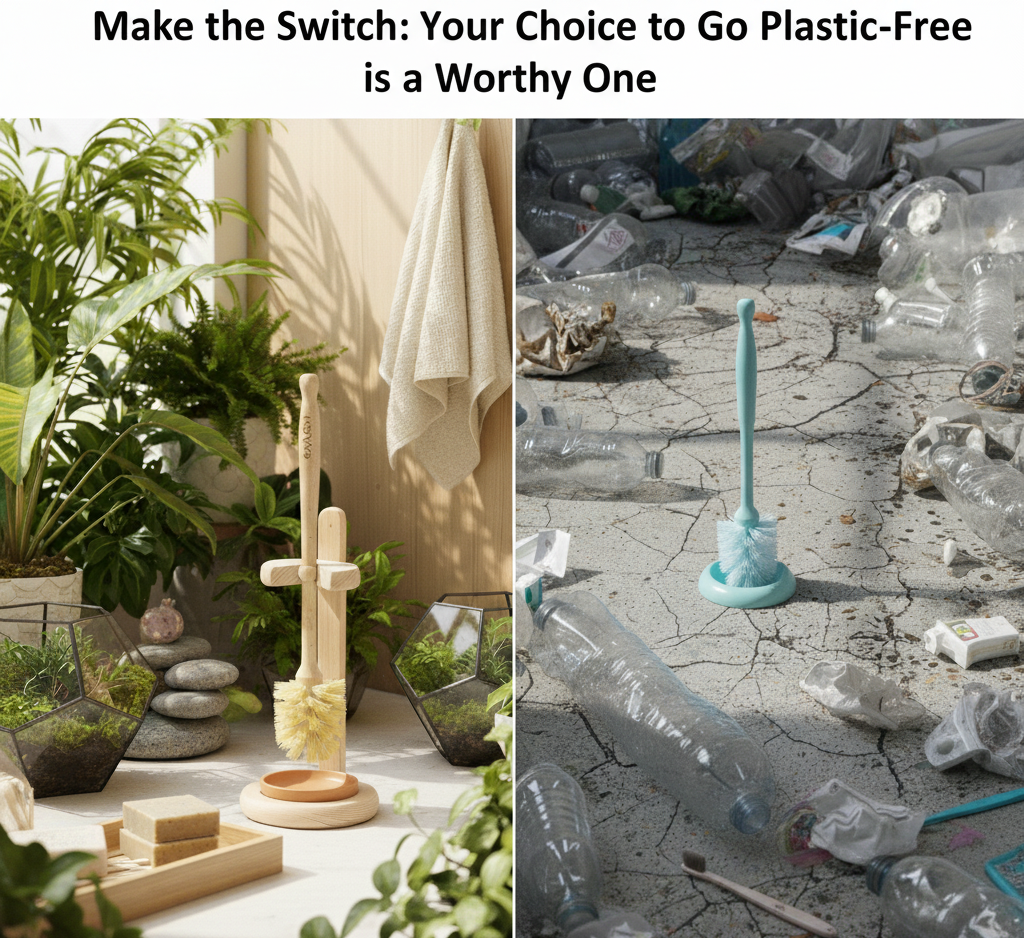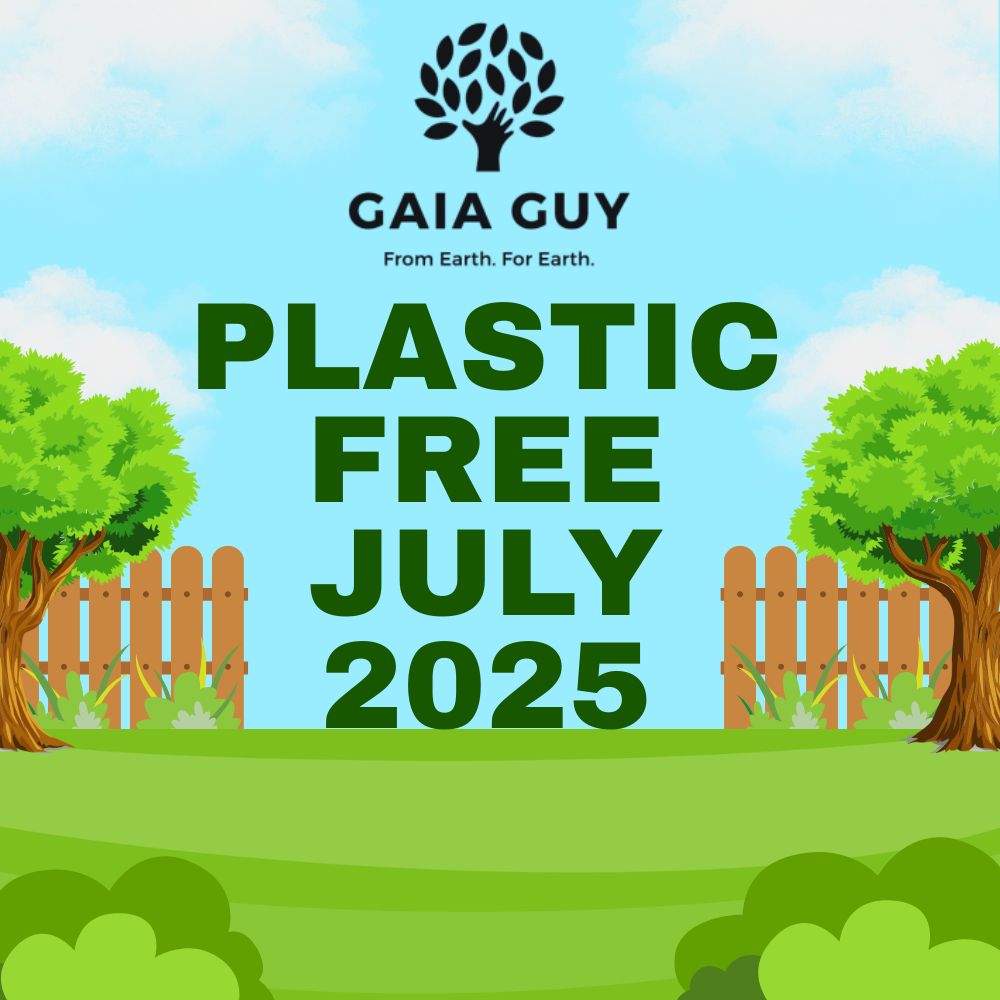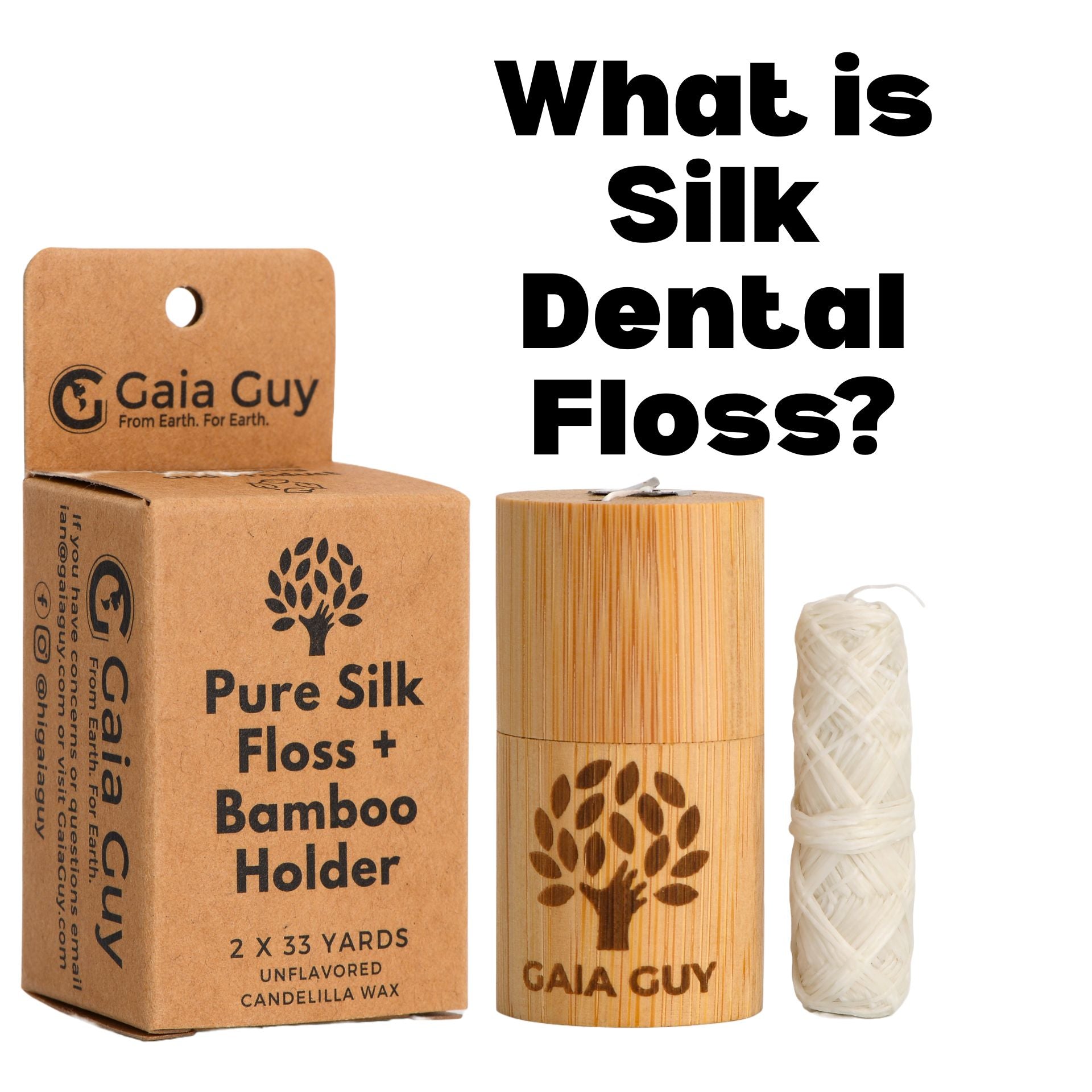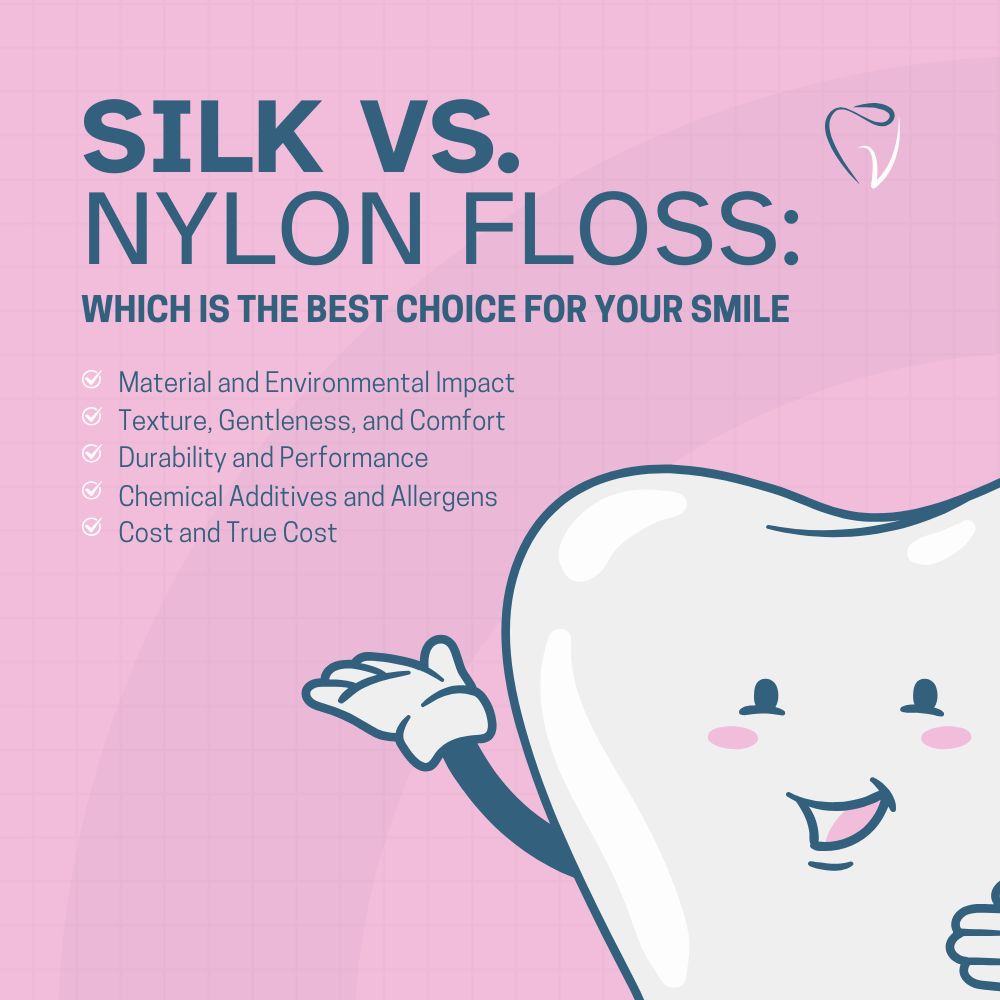Unmasking the Microplastic Menace in Your Kitchen
Imagine scrubbing your dishes, feeling virtuous about your eco-choices with opting for making your own DIY Enzyme Cleaner. But hold on! Your sponge might be shedding harmful microplastics into your water. Frustrating, right?
That's the reality for many eco-conscious individuals seeking plastic-free living. But fear not! Today, we'll uncover the truth about microplastics and reveal a powerful solution: transforming your kitchen into a thriving zero-waste haven with Gaia Guy!

The Problem: Microplastics – Tiny Invaders, Big Threat
Microplastics are tiny plastic fragments (less than 5mm) polluting our oceans, waterways, and even our food and water. Source: OceanService
Microplastics: Tiny Foes, Big Problems - A Glimpse into Research
Microplastics, those insidious fragments less than 5mm, pose a growing threat to ecosystems and potentially even human health. Here's a look at three recent research papers delving into this issue:
1. Ubiquity and Impacts of Microplastics in the Freshwater Environment:
This study, published in Nature Reviews Earth & Environment (2023), paints a concerning picture of microplastic prevalence in freshwater ecosystems. Dr. Alice Horton, lead author, states: "Our findings highlight the need for urgent action to prevent further microplastic pollution and develop effective mitigation strategies." The research emphasizes widespread microplastic presence across freshwater sources, raising concerns about its impact on aquatic life and ultimately, human health through water consumption.
Source: https://www.nature.com/articles/s41586-023-06168-4
2. Human Exposure to Microplastics: Pathways, Risks, and Knowledge Gaps:
Published in Environmental Science & Technology (2022), this paper explores potential human exposure routes to microplastics. Dr. Heather Stapleton, co-author, warns: "Microplastics have been detected in human tissues, but the potential health risks remain poorly understood. More research is urgently needed to assess the potential health implications of microplastic exposure." The study underscores the need for further investigation into potential health risks associated with microplastic ingestion and inhalation.
Source: https://pubs.acs.org/doi/10.1021/envhealth.3c00053
3. Bioaccumulation of Microplastics by Marine Organisms: Mechanisms and Consequences:
This 2023 article in Science Advances, co-authored by Dr. Richard Thompson, examines how microplastics accumulate in marine organisms. Dr. Thompson emphasizes: "Understanding the mechanisms of microplastic bioaccumulation is crucial for assessing the potential risks to marine ecosystems and the food chain." The study details various mechanisms by which marine organisms ingest and accumulate microplastics, highlighting potential consequences for their health and ecosystem stability.
Source: https://www.ncbi.nlm.nih.gov/pmc/articles/PMC7567360/
These three studies represent just a small portion of the ongoing research on microplastics. They highlight the widespread presence, potential risks, and knowledge gaps surrounding this issue. Further research is crucial to understand the full extent of the problem and develop effective solutions to protect our environment and ourselves.
Remember, even small individual actions can contribute to reducing microplastic pollution. Consider using reusable alternatives, supporting sustainable brands, and advocating for stricter regulations to minimize this significant environmental threat.
Traditional synthetic sponges and cleaning tools are one of the culprits, shedding microplastics with every use. These tiny invaders harm marine life, enter the food chain, and potentially pose health risks. But there's good news!
The Solution: Go Natural with Gaia Guy
Gaia Guy offers handcrafted zero-waste kitchen kits crafted with love for the planet and your health. Ditch the plastic! Embrace sustainable wood and bamboo handles, natural sisal bristles, and compostable loofah sponges - which don't contribute the menacing microplastic problem. Plus, Gaia Guy uses:
- Ethically sourced materials and eco-friendly packaging
- Durable, long-lasting, and naturally fibers
- A beautiful, organized aesthetic for your zero-waste aspirations
From Skepticism to Satisfaction: Real Stories, Real Impact
My family might have been the hardest to get to charge their plastic brush and nasty synthetic sponge addiction. However, they absolutely loved the look, feel and performance of Gaia Guy's wood dish brushes and sponges.
We can't just continue doing less bad. We need real solutions to this pesky pollution. Achieve a 100% reduction in microplastic shedding in your kitchen after switching to Gaia Guy.
We have glowing reviews from customers who love the quality, durability, and impact of these products.

Dive Deeper with FAQs: Your Microplastic & Zero-Waste Questions Answered
Q: How can I go plastic-free in my kitchen?
A: Start small! Swap plastic wrap for reusable containers, use cloth towels instead of paper towels, and choose natural cleaning tools like Gaia Guy kits. Check out 7 more ways to go plastic-free in your kitchen.
Q: What are the benefits of zero-waste living?
A: You reduce your environmental footprint, support ethical practices, and potentially improve your health by minimizing exposure to harmful chemicals. Going zero waste can be cheaper than you think check it out.
Embrace a Plastic-Free Future with Gaia Guy!
Ready to join the zero-waste revolution in your kitchen? Head over to GaiaGuy.com and use code "ZEROHERO" for 15% off your first kit and your whole order!
Act fast, it's an exclusive offer for our readers that ends July 31st 2024. Let's clean our kitchens, protect our planet, and live healthier lives – together!






